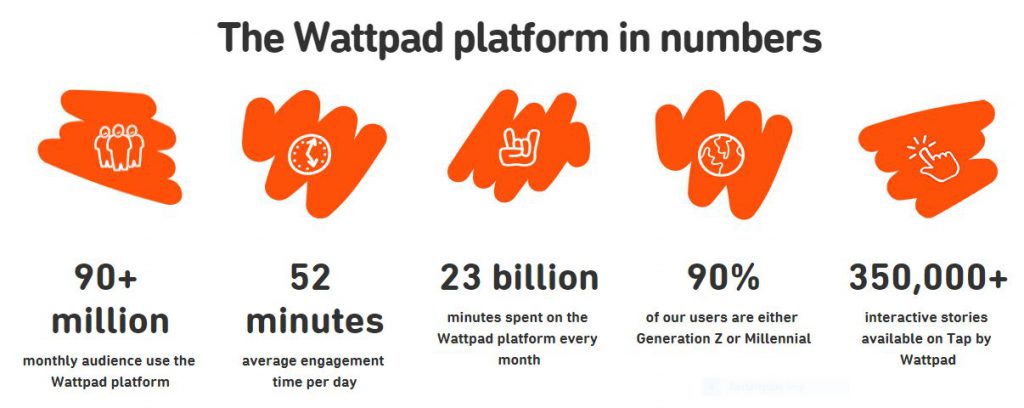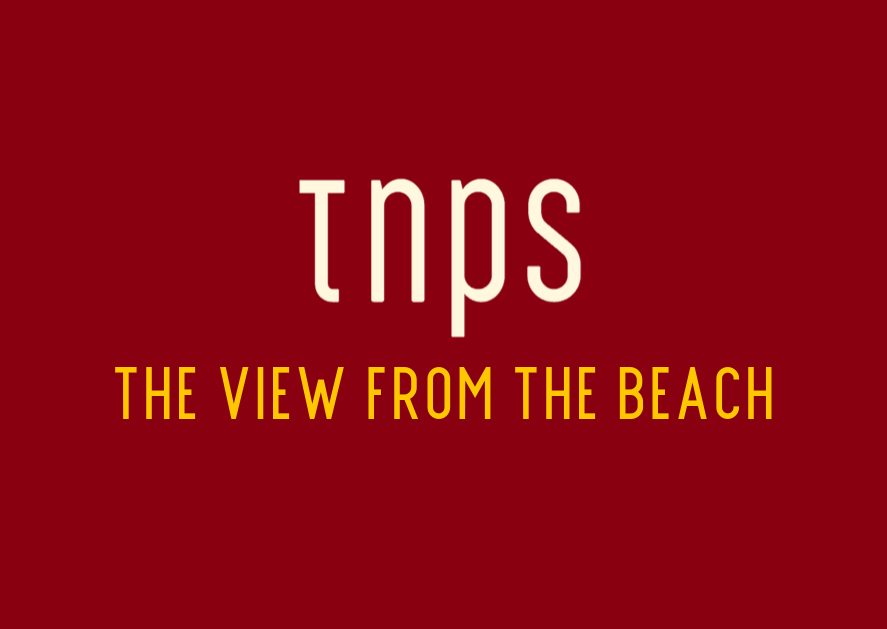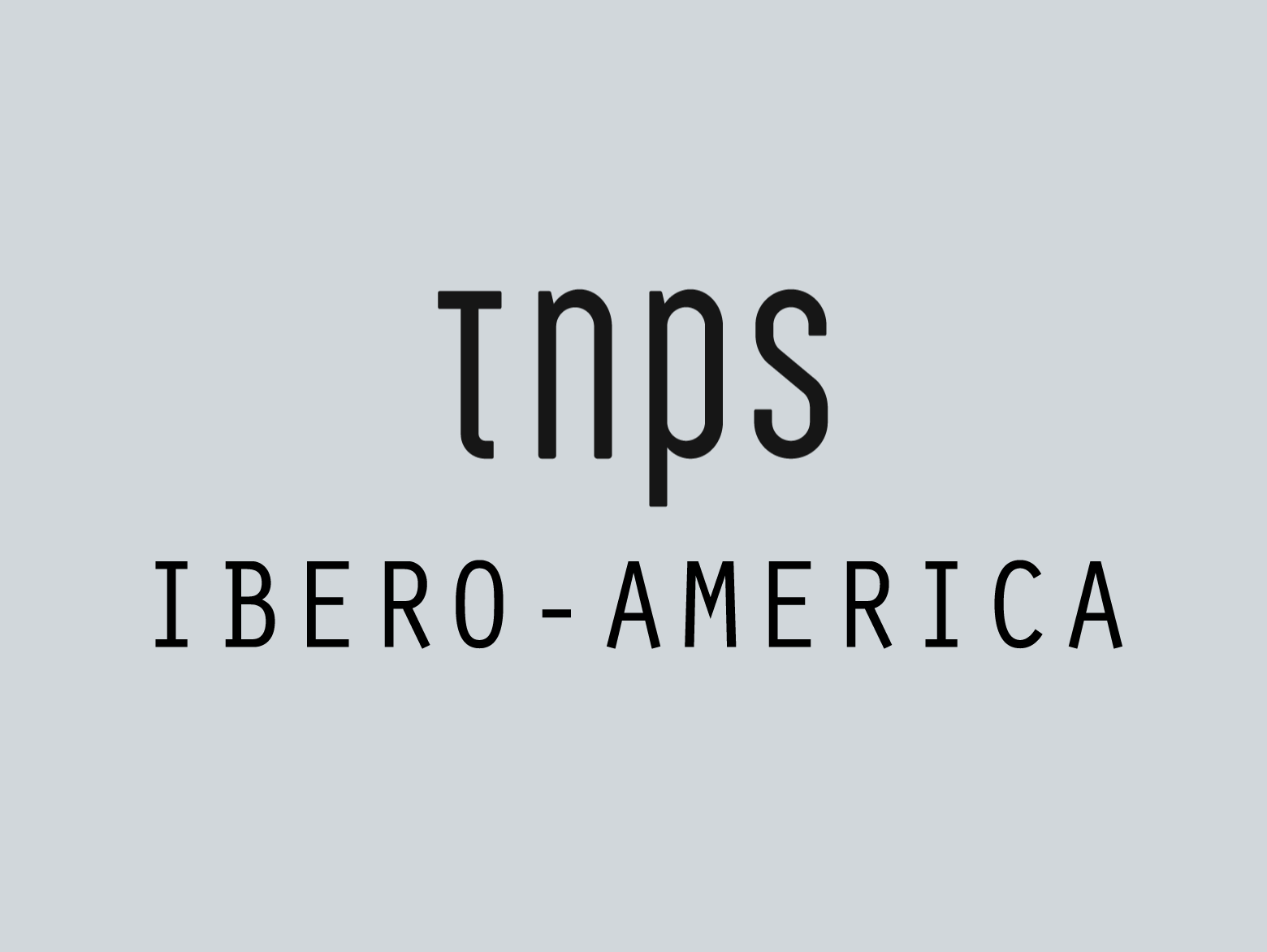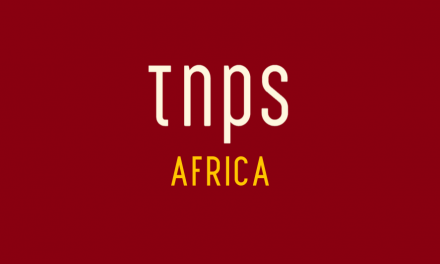For Millennials and Gen Zers … subscription isn’t the New Normal. It’s just normal.
Baby-Boomers, Generation X, Generation Alpha, Millennials, Digital Natives… It’s sometimes hard to know who’s who and who was when in the shifting sands of social stratification, but Wattpad is always clearly focussed on who its main users and audience are.
So for the record, Generation Z (Gen Z or “zoomers” – nothing to do with the Pandemic Zoom phenomenon), is the (western) demographic that came after the Millennials and preceded Generation Alpha, meaning most Gen Zers are the offspring of Generation X, but some are the children of Millennials. For further clarity, Gen Zers were born between the mid-1990s and the early 2010s.
But never mind the sociology lesson. What matters is that the Gen Z group pretty much were (and are) the first generation to have been born into the mobile internet age, and most will have never known and will struggle to comprehend of life without a mobile device and 24/7 internet access.
That’s worth bearing in mind as we move forward through Wattpad’s press release announcing Wattpad Brand Originals, because there is much more at stake here than just commercial opportunity.
First the announcement. Wattpad Brand Originals enables,
Brands to entertain their audience through original programming, powered by Wattpad’s vast IP library.
Wattpad Brand Originals allows brands to create authentic, Hollywood-quality TV shows, films, and digital media projects in collaboration with Gen Z creators and their built-in fanbases on Wattpad.

With five million writers and 90 million readers, 80% of whom are Gen Z, and almost 1,500 Wattpad stories published as books or adapted for TV or film, Wattpad describes itself as the,
World’s leading destination for Gen Z to write novels and long-form stories.
The press release explains:
Wattpad Brand Originals will be supported by the entertainment experts at Wattpad Studios, Wattpad’s TV, film, and publishing division. Wattpad Brand Originals combines Wattpad Brand Partnerships’ global Gen Z expertise, Wattpad’s innovative Story DNA Machine Learning technology, and the company’s success producing hit TV shows and films.
The bigger picture behind all this is pertinent to book publishers everywhere who are clinging to outmoded analogue thinking about how the industry can move forward in the 2020s.
Over to Wattpad again:
As consumers increasingly move towards subscription and streaming services, as well as other ad-free environments, many brands are struggling to connect with audiences. According to eMarketer, more than one-third of U.S. households will “cut the cord” on pay TV by 2024.
Research from Wattpad suggests this consumer move away from linear TV is more pronounced among Gen Z: recent data indicates that nearly half (45%) of Gen Z surveyed* by Wattpad hardly ever or never watch linear TV. At the same time, research from Wattpad’s Gen Z Census indicates that 47% of Gen Z surveyed do not feel well-represented in marketing and branding. Gen Z has a deep understanding of how a lack of representation has left marginalized groups outside of traditional media, and they also see that lack of representation in marketing.
For those looking for specific solutions, check out the Wattpad post.
Here to again step back and breathe in the bigger picture.
As consumers increasingly move towards subscription and streaming services…
The Wattpad news came just as, coincidentally, it emerged there are now 1.1 billion subscribers to video-on-demand services globally.
And this brings us full circle to my remarks early on in this post about the significance of what Wattpad is doing:
What matters is that the Gen Z group pretty much were (and are) the first generation to have been born into the mobile internet age, and most will have never known and will struggle to comprehend of life without a mobile device and internet access.

Because these Gen Zers are also the first generation for whom consumption by subscription, rather than one-off fee paying for notional ownership, is not a novelty but a way of life.
For publishers it matters much more than most seem to realise, because at the heart of the digital vs. print debate is the matter of meaningful ownership.
Yes, we can meaningfully own content in the form of a printed book or a DVD, pay once and access it when we want from the convenience of our home shelves. But with the arrival of ebooks and digital audio that notion became fluid. The big retailers will still supposedly sell you an ebook or audiobook but the reality is you pay a licence and never own the content.
For Baby Boomers and Gen Xers that’s a concept we oft struggle with, both physically (we love the display of self-attained wealth and wisdom that our overcrowded bookcases and DVD shelves supposedly bestow) and emotionally.
For Millennials and Gen Zers, not so much. Subscription isn’t the New Normal. It’s just normal.
And for Generation Alpha, these are tomorrow’s consumers that will look on buy-to-own in the same way Generation X looks back on consumer rentals (anyone else here old enough to remember renting the only TV and VHS video recorder in the house?). What will they make of those quaint steam locomotive enthusiasts, horse and cart crowds, and publishers that only sell book on a historically anachronistic à la carte retail model?
Publishers would do well to remember that Wattpad is the future of publishing, and no matter how much a given publisher will successfully cling to the past exploiting historic niches (vinyl music producers, anyone?) consumerism will move forward regardless of the industry’s attempts to put the brakes on progress.





